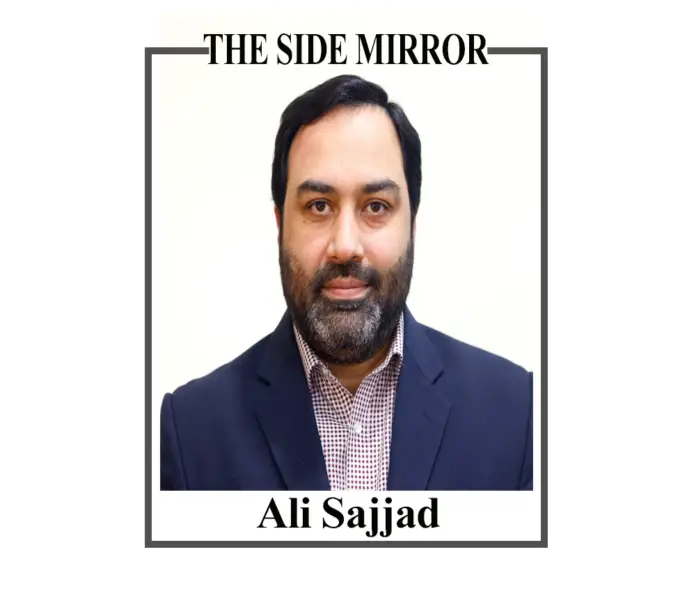Before writing this column, I spoke to a couple of people about “Nawaz Sharif’s victory speech” at Model Town office on Friday evening.
One friend said that the speech was devoid of emotions. Another friend said Nawaz Sharif did haste in doing so, and the third one said there was no meat in the speech.
What do mean by meat?
The friend said that he was referring to future economic plan.
Now, it is my turn to give my opinion.
In my view, Nawaz Sharif should not have delivered the speech at all. Victory speech is done when victory is landslide. The party, however, could not manage a convincing victory in these elections.
The party must go into soul searching and address the things, which made elections very difficult.
Other than this, Nawaz Sharif’s speech was superb. In fact, he outlined his plans to form a coalition government, which we may call the second phase of the Pakistan Democratic Movement (PDM).
But this is the burden of the PDM government, which made the party a sinking ship in the elections 2024. If the coalition happens, partner parties like the PPP, JUI-F, MQM, PML-Q, and IPP, will form the government and with so many hands in government, it will be difficult for Mian Sahib to go smooth.
The speech, conducted at the party headquarters in Model Town, was delivered at a time when the Election Commission of Pakistan (ECP) announced PML-N’s victory in 72 out of 265 National Assembly seats. This makes PML-N the single largest party, followed by the PPP. But PTI candidates snatched the victory stand.
The political situation will be clear in the coming days as now Shehbaz Sharif has been tasked with establishing contacts with key figures from various parties, including PPP’s Asif Ali Zardari, JUI-F’s Maulana Fazlur Rehman, and MQM’s Khalid Maqbool Siddiqui, in a bid to solidify the envisioned alliance.
I feel this task should have been given to Ishaq Dar, as he is a good negotiator. He is calm, cool and good listener. He has patience, and knows the art of dialogue. If not parties, I feel Ishaq Dar should start contacting independent candidates, even those supported by PTI, to include them in the coalition for government formation. This move will achieve a broad-based support structure. Nawaz Sharif avoided direct outreach to PTI-backed independents.
One of the noteworthy elements of the speech was Nawaz Sharif’s omission of specific PTI leaders in the coalition discussions. This raises questions about the dynamics between PML-N and PTI, two political powerhouses with a history of contentious interactions.
Nawaz Sharif justified the timing of his victory speech, a day after the polls, by citing the limited percentage of results available on Thursday night. He emphasized the need for stability in Pakistan, urging all stakeholders, including institutions, to contribute to the country’s betterment.
Many workers and leaders are expressing reservations about Nawaz Sharif forming a government with what he perceives as a meager victory of 75 seats. This number does not align with Nawaz Sharif’s longstanding democratic credentials.
Nawaz Sharif’s call for coalition government and national unity presents both opportunities and challenges. The need for stability is undeniable, yet the path towards it remains unclear. Addressing public concerns about legitimacy, building bridges with rivals, and acknowledging the rise of independent voices are crucial steps. Pakistan stands at a crossroads, and the decisions made in the coming days will determine whether this election ushers in a new era of unity or deepens existing divisions.







